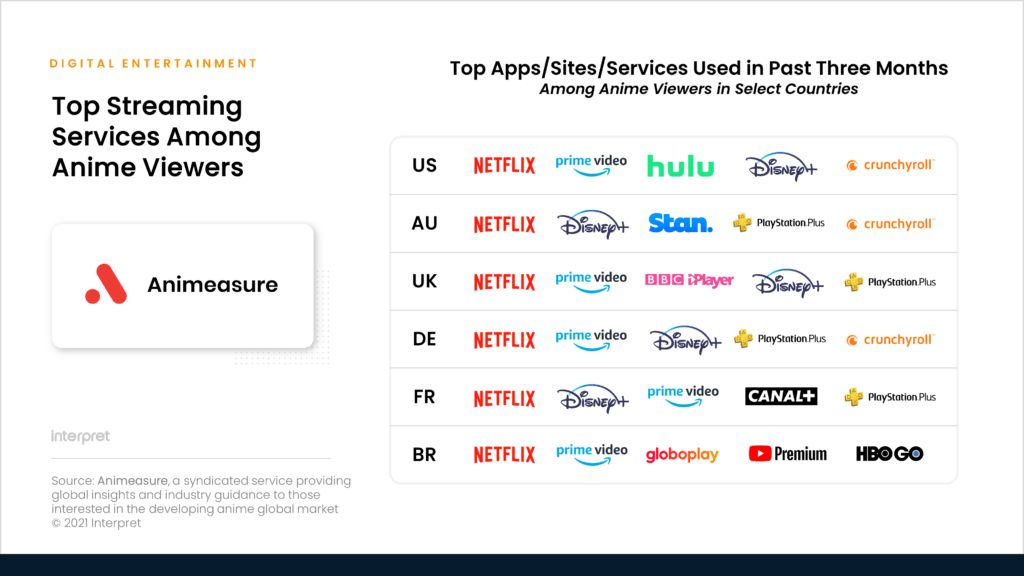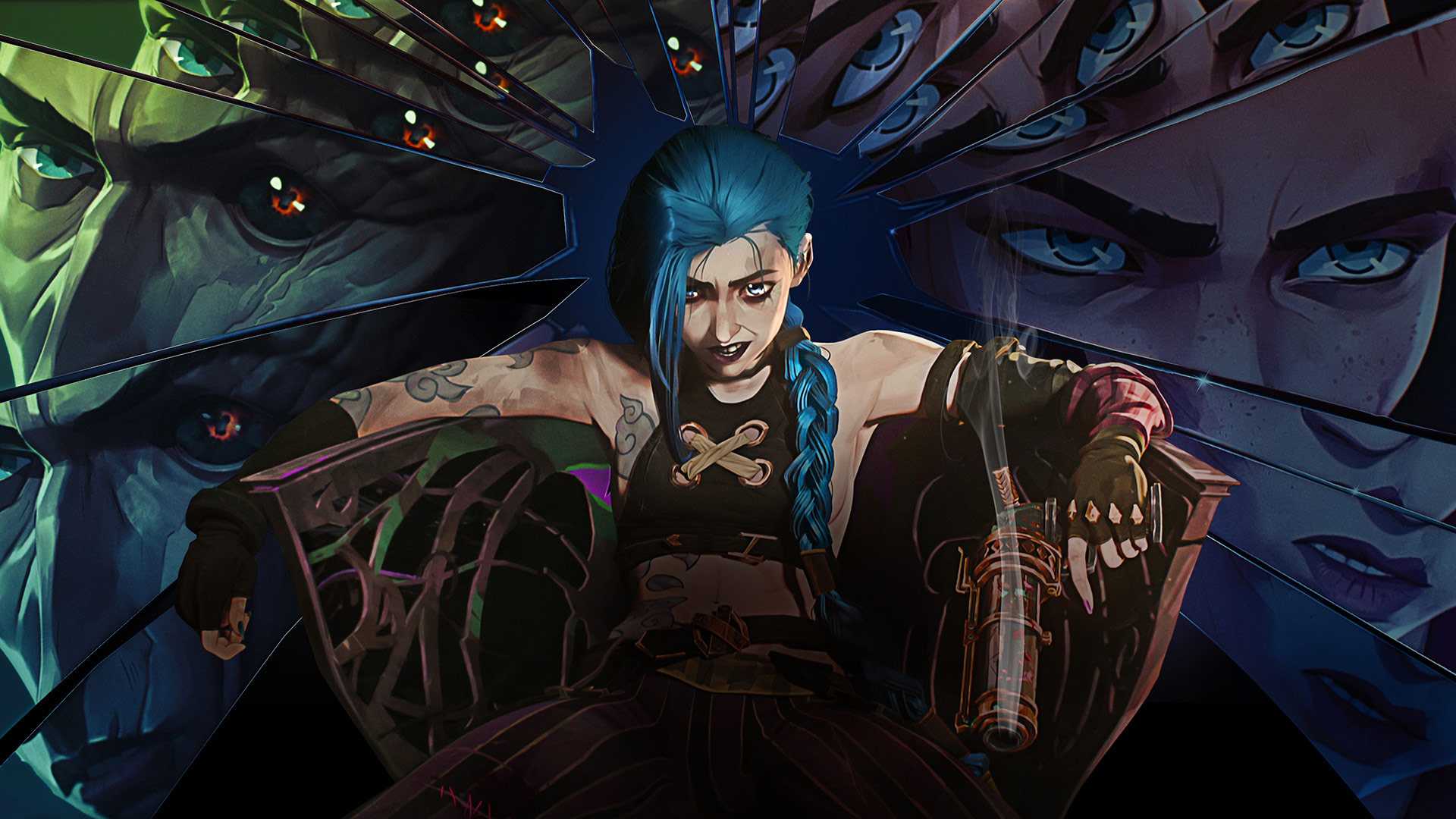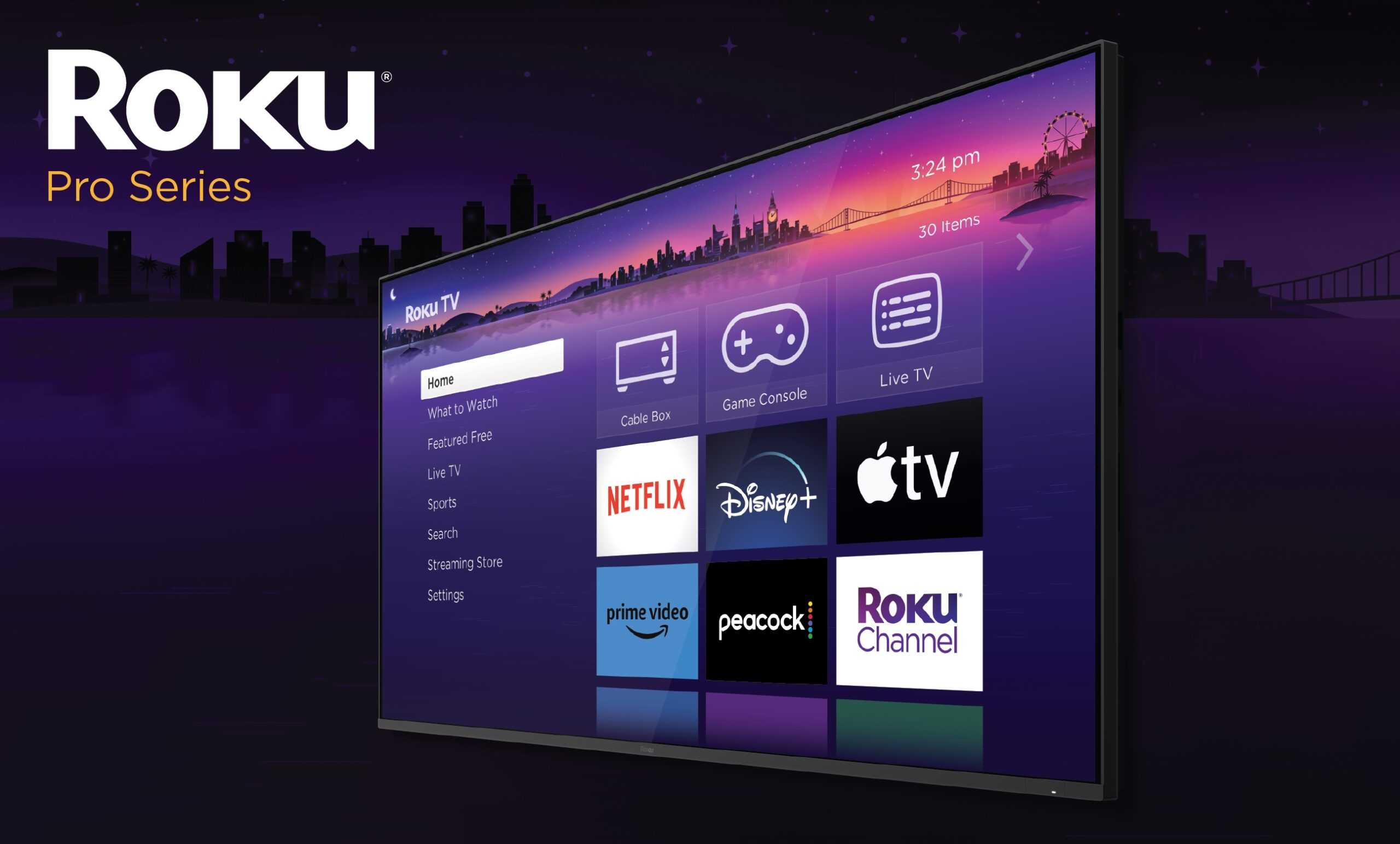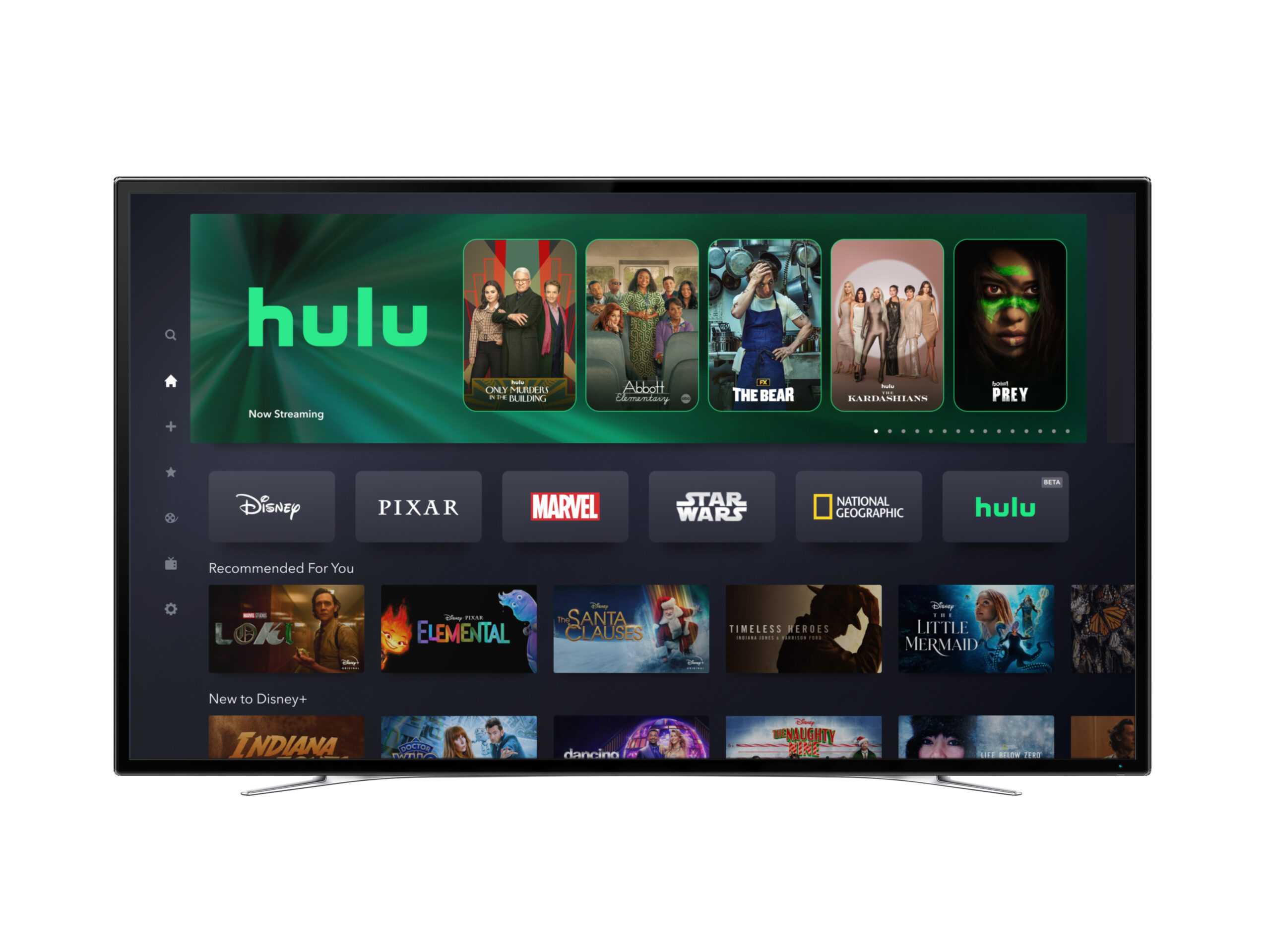In early November, Riot Games’ new anime series, Arcane, was released to widespread acclaim. The show, which is based on its massively popular MOBA, League of Legends, immediately topped the charts in 38 countries, per FlixPatrol. Additionally, Bloomberg reported that in China, where streaming services other than Netflix control the media landscape, Arcane garnered more than 130 million views in just a few hours, becoming the most searched for program on Tencent-owned platforms.
By mid-November, Arcane had gained the top position on Netflix in 52 countries and placed second in the US. Transforming one of the top gaming IPs in the world into an anime and putting it on Netflix made a lot of sense for Riot, as Interpret’s Animeasure research shows that Netflix is a top used streaming service among anime viewers in several countries, including the US, UK, France, Germany, and Brazil.
Arcane has seemingly managed to appeal to both LoL fans and those completely new to the franchise who might never have played a match – no easy feat. The show’s creators wisely chose to explain the main characters’ backstories for those new to the LoL ecosystem. For entrenched fans, however, the show also builds out origin stories for notable champions like Jinx, Vi, Caitlyn, and Jayce.
For Riot, the release of Arcane is just the beginning of a journey into the wider entertainment media landscape. The LoL universe will see more stories told across new games (through Riot Forge), shows, films, and more. In fact, last year Riot hired veteran Netflix executive Shauna Spenley to lead the company’s charge into film and television. Spenley told the LA Times recently that Arcane represents a new trend that has the potential to turn Hollywood upside-down – games are now driving the future of entertainment.
“When you’re building great IP, and we hope to do that, we want our players to feel like it was holistically built for them, versus this feeling it’s different business units,” Spenley explained. “That’s a very bad outcome. All of this is about games at the center of culture. It’s the inverse of what a Disney would do. They’re putting their films at the center of culture. We really see that games are the center of culture, and these complement that experience.”








